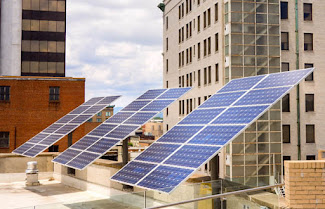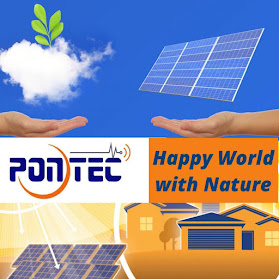
NEW RESEARCH COULD LEAD TO SOLAR PANELS THAT WORK AT NIGHT Despite the advantages of solar panels for harvesting clean energy, they have limitations, overcast days and nightfall render them partially or completely ineffective. But researchers have made a breakthrough that could lead to solar panels working at night. Solar panels are a popular form of harvesting clean energy, but they aren’t without their limitations. They work best in bright, direct sunlight, so overcast and rainy days can limit energy efficiency. As for nightfall, solar panels can’t work without direct or indirect sunlight at least for now. A team of researchers, including researchers from the School of Photovoltaic and Renewable Energy Engineering at UNSW Sydney and the ARC Centre of Excellence in Exciton Science, have made a breakthrough in infrared technology that could lead to the development of solar panels that work at night. The researchers were able to run a successful test on a device, called a ...





